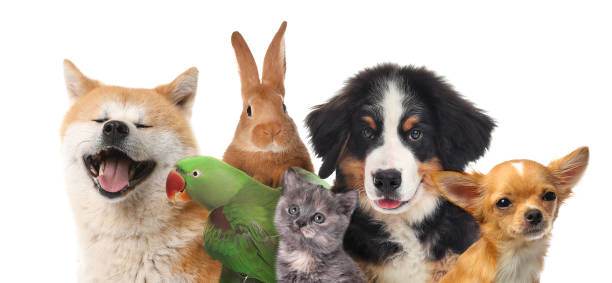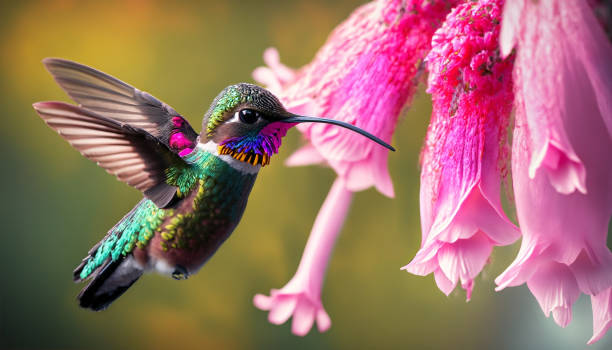The Wondrous World of Animals: Our Fellow Travelers on Planet Earth
From the majestic lions roaming the savannas to the playful dolphins dancing in the oceans, animals share our planet and fill our world with wonder. These incredible creatures come in all shapes and sizes, each with unique adaptations that allow them to thrive in diverse environments. They are not just companions or entertainment; animals play a vital role in maintaining the delicate balance of our ecosystems.
A Tapestry of Diversity
The animal kingdom boasts an incredible diversity of life. Over 10 million animal species have been identified, each with its own fascinating characteristics. From the microscopic single-celled organisms to the towering giants like blue whales, the animal kingdom encompasses a breathtaking range of complexity.
This diversity is further reflected in the various animal groups, or phyla. Vertebrates, with their backbones, are familiar creatures like fish, amphibians, reptiles, birds, and mammals. Invertebrates, on the other hand, encompass a vast array of animals without backbones, including insects, mollusks, worms, and countless others.
Masters of Adaptation
Animals have evolved remarkable adaptations that enable them to survive and thrive in their specific habitats. Polar bears have thick fur and blubber to withstand the Arctic chill, while desert reptiles have developed water conservation techniques to survive in arid environments. Birds have wings for flight, while fish possess gills for underwater respiration. These adaptations are a testament to the power of natural selection, shaping animals over generations to perfectly fit their ecological niches.
The Importance of Animals in Our World
Animals are not merely interesting creatures to observe; they play a critical role in the health of our planet. Herbivores graze on plants, helping to control plant growth and disperse seeds. Predators keep prey populations in check, maintaining a balance within ecosystems. Pollinators like bees and butterflies are essential for plant reproduction, ensuring the continuation of plant life and the food chain.
Threats and Conservation
Sadly, human activities pose a significant threat to animal populations. Habitat loss, pollution, and climate change are pushing many species towards extinction. Conservation efforts are crucial to protect endangered animals and their habitats. This includes creating protected areas, promoting sustainable practices, and raising awareness about the importance of animal conservation.
Building a Connection with Animals
There are many ways to appreciate and connect with the animal world. Visiting zoos and aquariums can provide educational opportunities, while observing wildlife in their natural habitat can be a truly awe-inspiring experience. Even caring for pets can foster a sense of responsibility and respect for animals.
By understanding and appreciating the animal kingdom, we can work towards a future where humans and animals coexist in harmony. Let us protect the incredible diversity of life on Earth and ensure that future generations can continue to marvel at the wondrous world of animals.




































